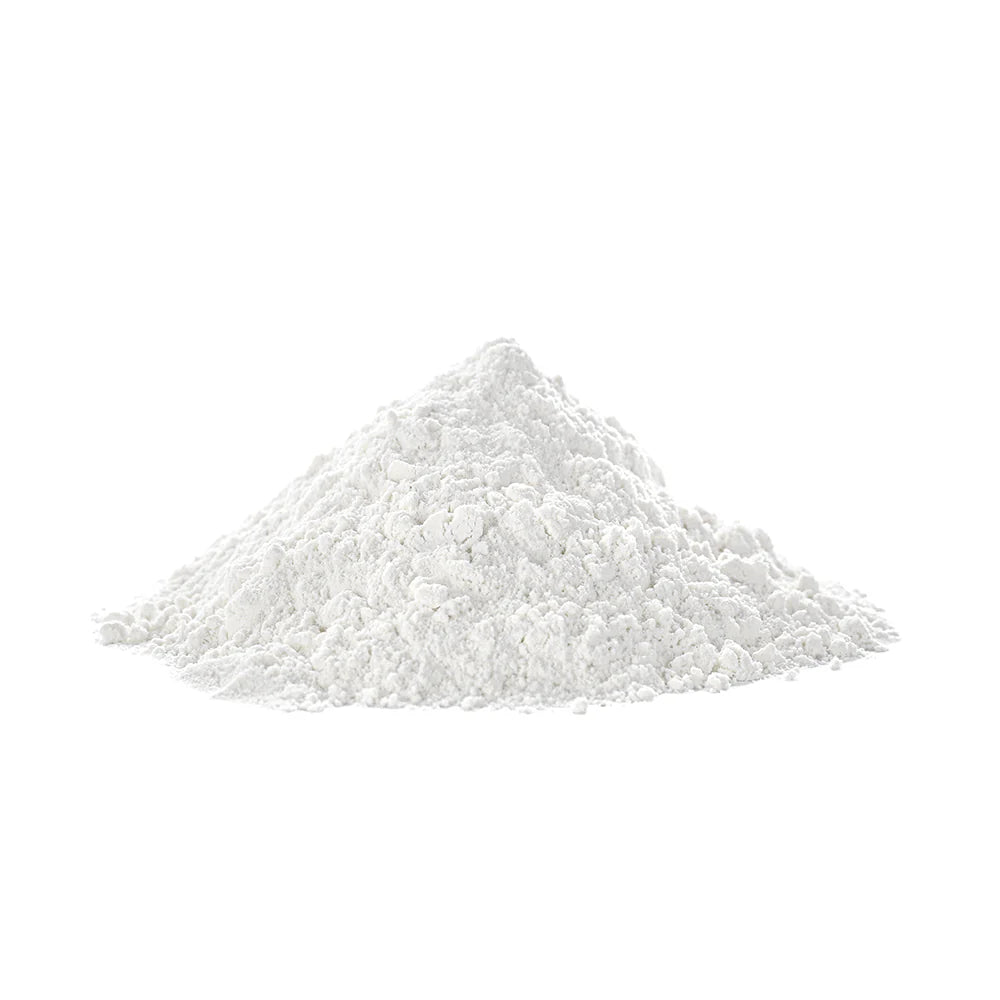Kojic Acid Dipalmitate
Couldn't load pickup availability
Description
Kojic acid dipalmitate is a derivative of kojic acid, created by esterifying kojic acid with palmitic acid. This compound is more stable than its parent compound and is primarily used in cosmetic formulations for its skin-lightening and antioxidant properties. Kojic acid dipalmitate is often favoured in formulations due to its lower irritation potential, making it suitable for sensitive skin.
Benefits
Stability: Kojic acid dipalmitate is more stable than kojic acid, allowing it to maintain its effectiveness over time and under various formulation conditions.
Skin Brightening: Like kojic acid, it inhibits the enzyme tyrosinase, reducing melanin production and helping to lighten hyperpigmentation and dark spots.
Antioxidant Properties: It protects the skin from oxidative stress and free radical damage, contributing to overall skin health and reducing signs of aging.
Moisturising Properties: The palmitic acid component offers additional emollient benefits, helping to hydrate and soften the skin.
Uses
Cosmetic Products: Commonly included in skin-lightening creams, serums, lotions, and other topical formulations aimed at treating uneven skin tone and hyperpigmentation.
Sunscreens: Sometimes utilised in sunscreen formulations to enhance UV protection.
Skincare Treatments: Used in peels and masks for brightening and exfoliating effects, often in conjunction with other active ingredients.
Physical + Chemical Properties
Chemical Formula: C18H34O5
Appearance: White to off-white powder or crystalline substance
Molecular Weight: 338.46 g/mol
Solubility: Soluble in oil and organic solvents; less soluble in water.
pH: Generally neutral, but formulations should be tested for pH stability.
Caution
Concentration Levels: Care should be taken when formulating, as high concentrations may still cause skin irritation.
Stash It Right
Conditions: Store in a cool, dry place away from direct sunlight and moisture. Keep the container tightly closed to prevent contamination and maintain product integrity.
Temperature: Ideal storage temperature is between 15 °C and 30 °C (59 °F and 86 °F)


